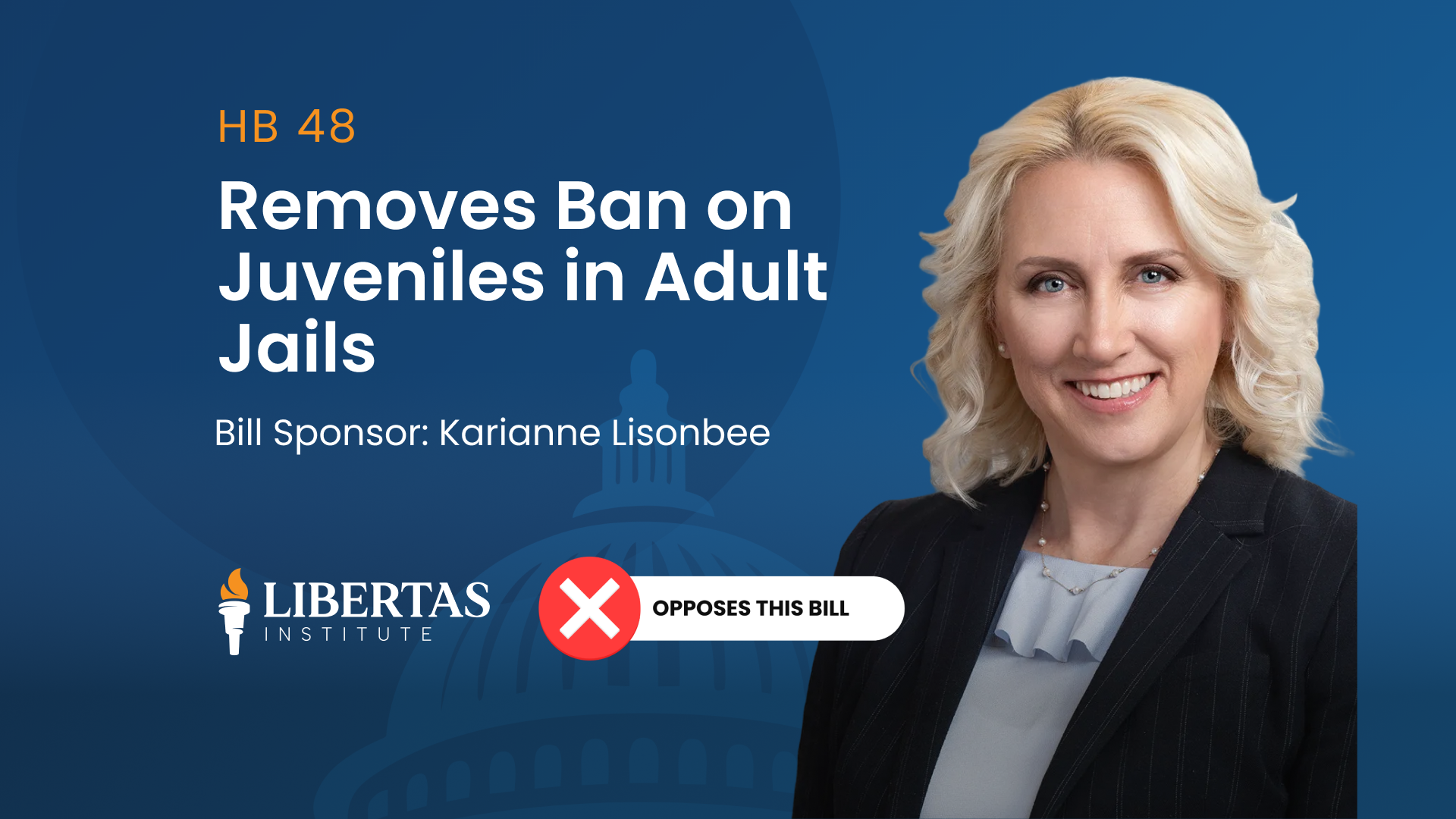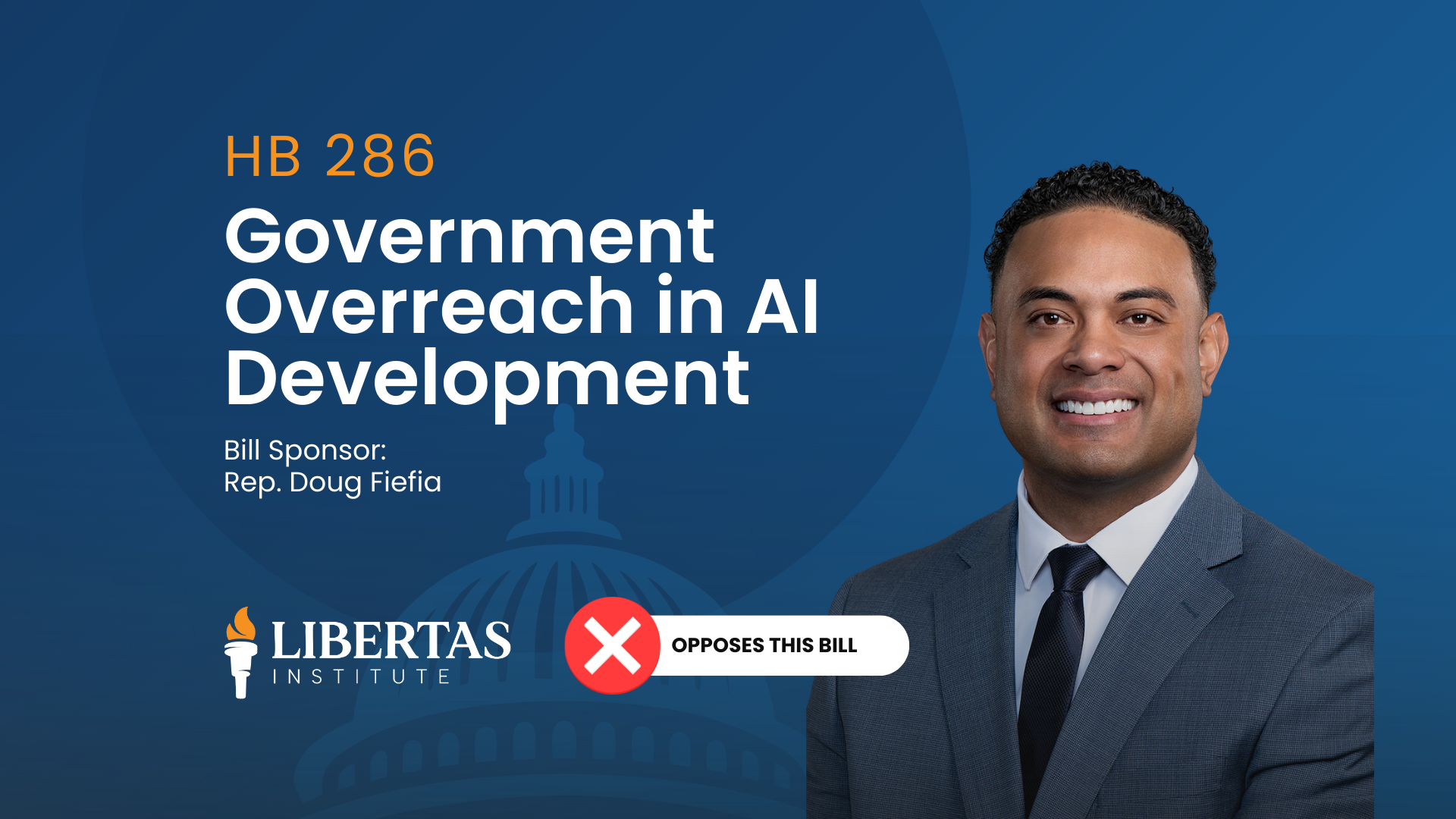This bill passed the Senate 23-5 and passed the House 65-10. It was subsequently signed into law by Governor Herbert.
Libertas Institute opposes this bill.
Following negotiations between legislators, LDS Church leaders, and LGBT activists, new legislation has been introduced to purportedly “balance” competing interests and craft a bill that will allow all sides to allegedly get a little of what they want. Senate Bill 296, sponsored by Senator Steve Urquhart, offers a consensus bill that is nevertheless fundamentally violative of property rights and the freedom of association.
Conservatives have unwisely framed their opposition to “gay rights” on religious grounds, but religious liberty is merely a subset of the right to own and control property, and the right to associate—or disassociate—with people of one’s own choosing. Religious liberty would not exist were it not for this foundation. This bill aims to prohibit landlords and employers from discriminating against a person due to their sexual orientation or gender identity, which is defined as being provable through “medical history, care or treatment of the gender identity,” or “other evidence that the gender identity is sincerely held, part of a person’s core identity, and not being asserted for an improper purpose.”
SB296 is further problematic in that it offers institutional protections, rather than individual protections. Employers are burdened under this proposed law, but exemptions are offered to religious organizations including the LDS Church, religious leaders acting in their official capacity, or any organization connected to a religious organization, such as a privately owned university or dormitory property. The Boy Scouts of America is also exempted by name.
Institutions do not have rights—individuals do. The proper role of government is to protect the rights of the people who comprise that government, and not to ignore them while focusing on providing organizational perks to which the individuals themselves are not entitled.
While we recognize that significant effort has been put into this compromise bill, it is nevertheless in direct conflict with the principles of liberty; special interest and religious concerns are not a sufficient basis to infringe upon these core foundations of freedom.




